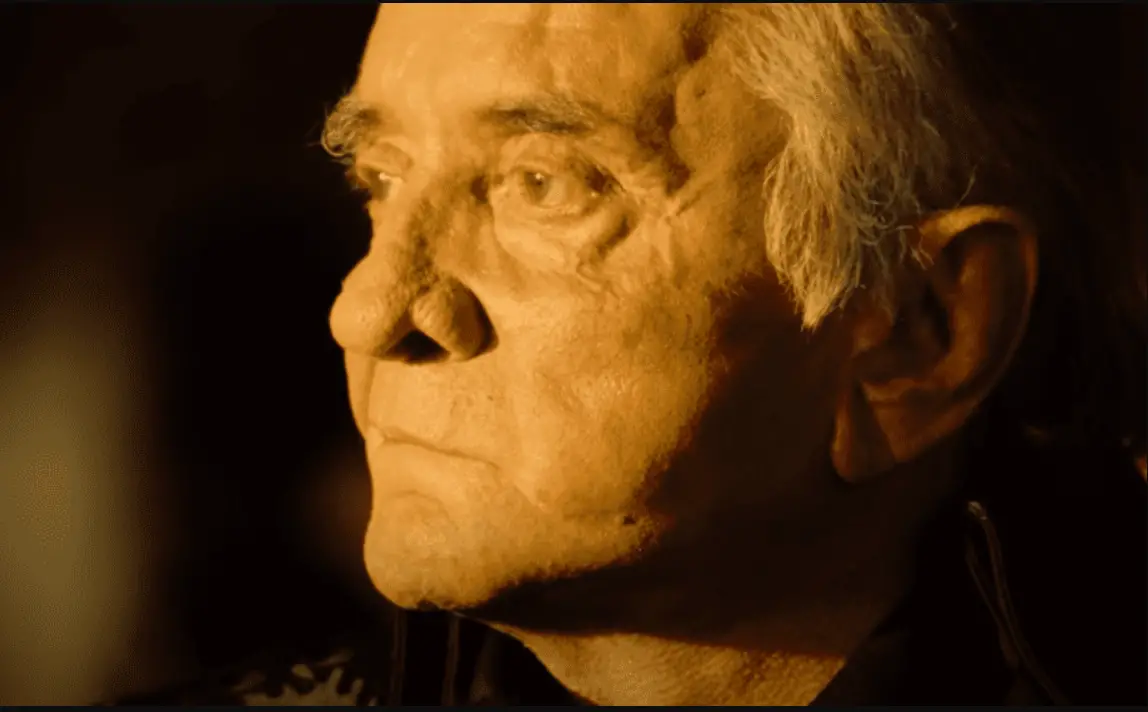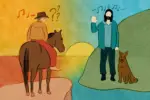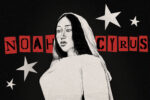Once a celebrated genre defined by its soulful lyrics and background rooted in Appalachia, country music is seen as nothing more than “hillbilly music” in the modern age. A prominent musician in the ‘50s country scene, prolific performer Johnny Cash centered his music around the struggles of impoverished, imprisoned or underrepresented Americans. Cash spoke of social injustices and oppressive institutions.
Cash lived the experiences he sang about from alcoholism to drug use, and in his 1963 album “Blood, Sweat and Tears,” he touches on the racial issues within the American workforce. While Cash wasn’t exactly a saint himself, he made a huge impact on country music by inspiring other musicians, speaking up for racial equality, civil rights and prison reform as well as singing about addiction in a way that performers of his time shied away from.
History of Country Music
Country music found its roots in the early 1900s within the South and Appalachia and became a popular genre among working-class people. At the time, traveling around America was necessary for people to find work, so the inklings of country music found its way around the nation, especially Tennessee, the future home of hundreds of notable country music stars.
Demand for the working-class music grew and with this growth came an explosion of newer sub-genres that took inspiration from jazz, gospel music and the blues. A decade later in Nashville, the Grand Ole Opry radio show began airing on Saturday evenings, broadcasting country music acts that would later include the likes of Patsy Cline, Dolly Parton, Hank Williams and Johnny Cash.
Through the ‘30s and ‘40s, a new genre merged Western music with country; influenced by old Hollywood Westerns, country musicians created songs that sold the Western outlaw fantasy. As country music became more popularized, rock ‘n’ roll and R&B music rooted themselves into the country world, most notably when Elvis Presley stepped onto the scene and stole the spotlight with his “rockabilly” sound.
Cash soon adopted this style of music and performance and later found the most success in that rock ‘n’ roll sound as he rose to fame alongside his wife, June Carter, a member of the Carter family who pioneered country music’s journey into the mainstream.
Early Life of Johnny Cash
The inspiration for many of Cash’s songs can be traced back to his experience growing up in a working-class, sharecropping farming family. Born in 1932 in Kingsland, Arkansas, Cash — the fourth child in a group of seven — began working on the farm as soon as he could walk. The practice of sharecropping is inherently predatory as farmers rent the land they grow crops on and pay rent by splitting the profit gained during each growing season.
This way, farmers were never able to pay off their debts and collectors simply profited endlessly from work that was never finished. Cash suffered physically from the hard labor and at the age of 12 lost his brother Jack Cash to a cutting saw accident in which his brother stayed alive for 10 days before ultimately passing away.
These life events possibly contributed to his later addiction to amphetamines and alcohol — an addiction that destroyed his first marriage to Vivian Cash and later led to the deterioration of his physical health and would later bring his performing days to a screeching halt.
Still, the hard times gave Cash the work ethic he needed to initially find success. As other musicians gained traction, Cash pleaded for recording time with Sun Records, the same label that created legends like Elvis, Jerry Lee Lewis and Roy Orbison — people Cash would eventually perform alongside as they became famous.
The Man in Black
Although Johnny Cash is not quite the father of country music, the musician’s contributions to the genre solidify his place in the country music pantheon. Unlike modern country music, the genre’s older iterations tackled issues of racial inequality, war, religious acceptance and, in Cash’s case, prison reform.
While Cash revered America as a country of hard workers, he also criticized the indignities of living as an underrepresented lower-class citizen who lacked the same privileges as celebrities and powerful leaders. On his website, a statement describes parts of his discography:
“…’Ride This Train,’ a travelogue of the sights and sounds of his beloved country; ‘Blood, Sweat and Tears, the Cash canon of working man blues; ‘Bitter Tears,’ a searing examination of the treatment of Native Americans;” and, “The Holy Land, Hymns from the Heart’ and other deeply personal statements of faith and devotion; and, of course, the historic concerts at Folsom Prison and San Quentin, where he demonstrated that compassion and healing are more integral to humanity than retribution and disdain.”
As the self-proclaimed Man in Black sang in the song sharing the same title, “Well, there’s things that will never be right, I know/ and things need changing everywhere you go/ but ‘til we start to make a move to make a few things right/ You’ll never see me wear a suit of white.” He was a notable political advocate in a genre that’s looked down upon by the upper class, a genre that’s now a shadow of what it used to be: a uniting community for those who have struggled financially, who wanted to speak out against injustices or who experienced the lows of life.

















